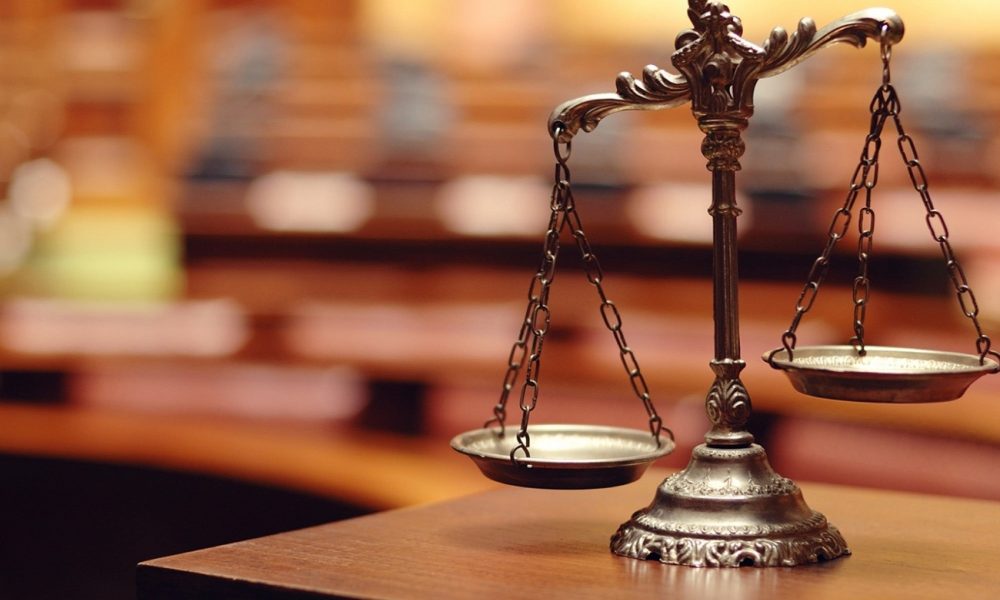
Here’s All You Need To Know About International Law!

International law is a set of rules and principles that are recognized as binding by the international community. It governs relations between states, including the settlement of disputes, in areas such as trade, war, human rights, environmental protection and nuclear proliferation.

CQF-Avocat/Pexels | here is everything you need to now about International Law
What is International Law?
At its heart, international law provides a framework for global order. It serves to protect countries’ sovereignty and allows sovereign nations to cooperate with each other in their respective fields without fear of interference or infringement on their rights. International law also sets out the ways in which countries interact with each other, establishing standards of conduct that they must adhere to in order to maintain peace and stability.

August de Richelieu/Pexels | The job of International Law is to protect the sovereignty of countries while also determining in what way countries will interact with each other
The sources of international law are treaties (also known as conventions or agreements), custom (what has become an established practice over time) and general principles (what most states would consider to be obviously just). Most importantly, international law is based on the principle of consent – every state has agreed to adhere to it through mutual negotiations or assent. This means that no nation can be forced into following international law; instead, it must willingly accept its obligations.
What topics does International Law cover?
International law covers matters such as human rights, trade agreements between countries (including WTO rules), the environment and use of natural resources. It’s also concerned with the protection of individual citizens from acts of violence or discrimination perpetrated by another state’s government or its agents. In recent years, many countries have signed treaties covering a broad range of issues related to human rights such as freedom from torture or cruel treatment, freedom from arbitrary arrest or detention and freedom from discrimination based on race or ethnicity.

Matthias Zomer/Pexels | international law deals with trade agreement amongst countries, human rights and the usage of natural resources.
In addition to these matters, a cornerstone of modern international law is the principle known as ‘the responsibility to protect’ (R2P). This controversial yet increasingly popular concept attempts to place limits on what any state may do when it comes to punishing individuals within its own borders for crimes against humanity: if a state fails in its duty to protect citizens from mass atrocities like genocide or ethnic cleansing then other states may intervene militarily if necessary.
Conclusion
While international law does carry weight among nations who have agreed upon it through negotiation or acquiescence – breaches are often difficult if not impossible to enforce due to lack of judicial mechanisms at an international level – this body of legal standards remains incredibly important for ensuring peaceful relations between different nations around the world.
Furthermore, with growing pressure from civil society groups around the world calling for greater respect for global laws governing issues such as environmental degradation and climate change mitigation strategies – combined with increased recognition for more locally-contextualized forms of customary laws – this area looks set only to expand further over time.
More in Law Degree
-
A Step-By-Step Guide to Becoming a Real Estate Lawyer
A real estate lawyer specializes in legal matters related to property, from transactions to disputes. They ensure legality in real estate...
December 3, 2023 -
What Is Asylum & How Does It Work?
At its core, asylum is a protection granted to foreign nationals in a country because they have suffered persecution or have...
November 26, 2023 -
6 Reasons Why Sentencing Is Any Judge’s Toughest Assignment
When you picture a judge, you might imagine a stern figure in black robes, gavel in hand, delivering verdicts with unwavering...
November 14, 2023 -
Carrie Underwood Sued for NBC Sunday Night Football’s “Game On”
It is almost ritualistic. As the weekend winds down and Sunday evening approaches, millions across America gear up for a night...
November 12, 2023 -
Why Lawyers’ Productivity Has Increased in Modern Times
Remember the old days when your image of a lawyer might have been drawn straight out of an episode of “Matlock”...
November 5, 2023 -
Paying Down Debts Using Debt Relief Tactics
Debt is like that lingering headache that never seems to go away, no matter how much aspirin you pop. But there...
October 29, 2023 -
Pro Se: Your Right to Represent Yourself WITHOUT an Attorney
The legal system is complex and so, more often than not, people hire a professional attorney to navigate the legal system....
October 21, 2023 -
The Craziest, Most Expensive Hollywood Divorces of All Time
Hollywood is the land of glitz, glamour, and romance – until it is not. Over the years, we have seen our...
October 13, 2023 -
How Was Life as a Lawyer in Ancient Rome?
The Late Roman Republic was a period chock-full of political drama, rampant corruption, and the rise and fall of powerful figures....
October 8, 2023














